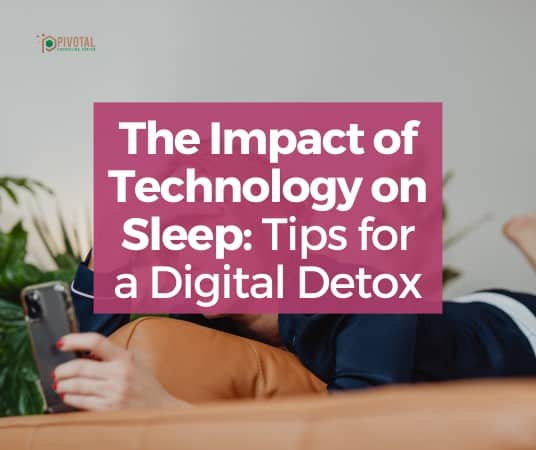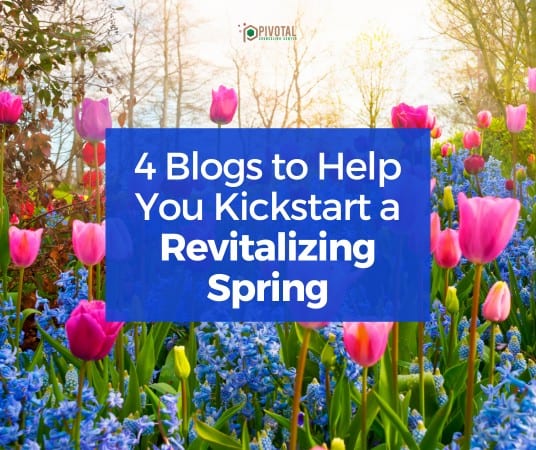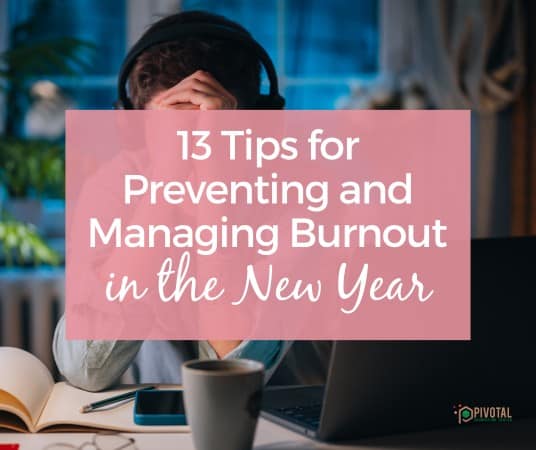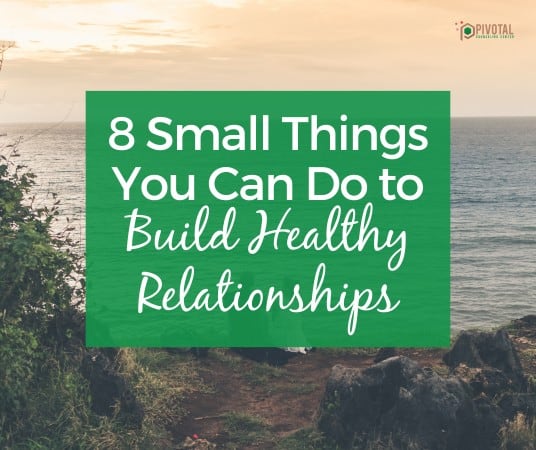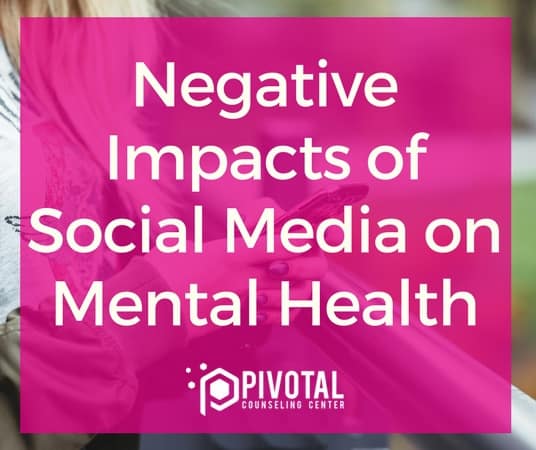
There’s nothing in our world quite like social media. It’s a boredom relief, a way to
keep in touch with loved
ones far away, and a great way to make new connections with people around the world. There’s definitely a lot of
great things to come out of social media and its corresponding impacts on mental health, but it’s also important
to make sure that we talk about the potential negative impacts that social media has on mental health. Some are
clear to most people who use social media, but others are hidden below the surface, making them all the more
dangerous.
It can lead to envy:
When you scroll through your Instagram feeds or Snapchat stories, how often do
you see a boring photo at an unflattering angle? As in, a truly unflattering one? Not often, if ever. Social
media is where we show off our best selves, which can lead to envy and jealousy to all those looking on. What
we see is a combination of filters and good lighting, but it can create a lot of frustration to those who are
looking at these photos regularly.
It can cause or aggravate depression:
If you are someone who is prone to depression, then too much
social media can aggravate it without even realizing it. Seeing other people doing fun things and having a
great time while you sit at home doing your regular things, can make you feel worthless or left out. This is
why those suffering from depression are often encouraged to go on a hiatus from social media.
It can increase anxiety:
Much is the same when you are suffering from anxiety, especially social
anxiety. When you see the profiles of others full of flattering photos and fun times with others, you will
feel as though you are entirely separate from the crowd. This will increase social anxiety when you are put
into the same kind of environment as them, and that can often lead to a self-fulfilling prophecy of being
“strange” or “awkward.” Social media platforms can take regular people and turn them into local superstars.
News feeds are plugged with sad stories:
With the exception of a handful of people, a lot of users
share a combination of negative and positive stories on their news feeds. Those who are scrolling through all
of their favorite accounts several times a day, or even every hour, will be smothered with these sad and
borderline graphic videos. Even for the strongest person, this can often be too much to handle and will cause
problems with depression, as mentioned above. Following positive people and groups is always a good idea to
make sure that negatives are at a minimum. We all know they’re happening, but it doesn’t mean that we need to
see them for hours at a time each day.
Using it as a distraction:
Social media is often a distraction from other things in our lives. It
takes away from school, relationships with friends and loved ones, and it can even be a distraction from
connecting with yourself. Social media and its fake world is a great place to escape in order to get away from
reality’s harsh moments, and that prevents us from dealing with the problems in our lives, and it even takes
away from the positive moments, too.
It can cause addiction:
Addiction to social media is a real thing. How often do you catch yourself
reaching for your smartphone or tablet even though you checked everything out 20 minutes ago? It’s often the
last thing we do at night and the first thing we do in the morning, and that creates a real, hard addiction to
online and social media-based lives. This is happening younger and younger, and it’s becoming a real problem
for children, teens and adults.
What to do about it:
Seeing all of the negative impacts, it’s now more important than ever to make sure that time spent on social
media is limited and you pay careful attention to the content that is made available (positive stories vs
negative ones). Social media can be a powerful tool to use in terms support and access to loved ones, but – as
with everything – all things in moderation.
Pivotal Counseling Center has therapists with a variety of specialties. We have locations in Woodstock, Illinois, and Lake in the Hills, Illinois. If you are in need of someone to help, please consider giving us a call at (815) 345-3400.
Pivotal Counseling Center is now accepting Medicaid including Blue Cross Community Medicaid, Meridian Medicaid, and Molina Medicaid for outpatient counseling.

